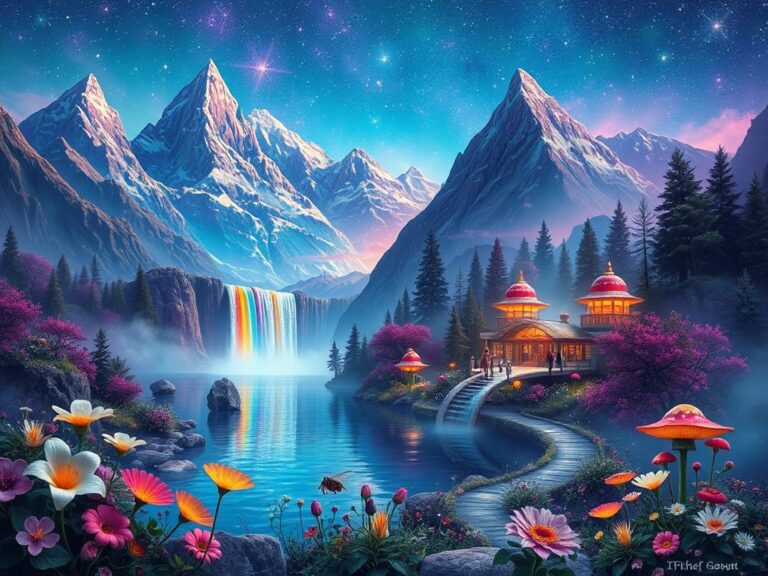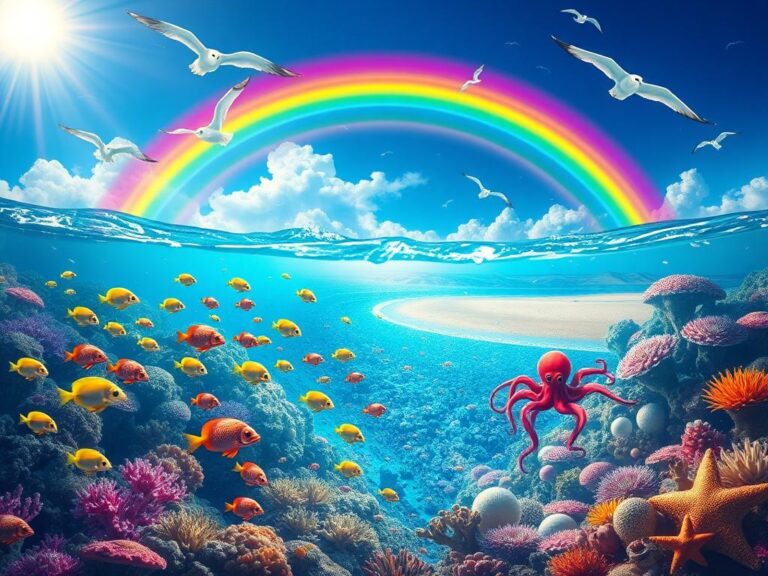100 Very Hard Quiz Questions That Challenge Even the Brightest Minds
100 Very Hard Quiz Questions That Challenge Even the Brightest Minds
100 very hard quiz questions are designed to test the limits of knowledge for trivia enthusiasts and curious minds alike.
Whether you’re a seasoned trivia master or just looking for a fun challenge to engage your friends or family, this collection offers a wide variety of subjects.
From science to history to pop culture, these questions are carefully crafted to be stimulating and thought-provoking.
So buckle up, as we dive into this intriguing journey filled with facts that might stump even the most knowledgeable among you!
Understanding the Appeal of Quiz Questions
Quiz questions serve multiple purposes; they are not merely a means to an end but can be a fascinating journey into the world of knowledge.
They help sharpen our minds, spark discussions, and sometimes make social gatherings enjoyable.
Whether it’s at a bar, a party, or a friendly competition, quiz questions can elevate the experience.
“Trivia is the cherry on top of the ice cream sundae of life.” – Unknown
The Structure of Hard Quiz Questions
Hard quiz questions typically require a deeper understanding or knowledge of a subject rather than surface-level facts.
They can be categorical into several themes to provide a broader range of topics.
- Science & Nature: Involves questions about scientific principles, elements, and significant discoveries.
- History: Questions about historical events, dates, and influential figures provide a window into the past.
- Arts & Literature: Engages questions surrounding classic literature, famous works, and renowned artists.
- Geography: Challenges knowledge about countries, capitals, and geographical landmarks worldwide.
- Pop Culture: Explores the latest trends in entertainment, celebrities, and groundbreaking films.
100 Very Hard Quiz Questions
Here is a list of 100 very hard quiz questions that are sure to challenge even the most knowledgeable trivia experts!
| Question | Answer |
|---|---|
| What element does “O” represent on the periodic table? | Oxygen |
| What is the capital of Bhutan? | Thimphu |
| Who wrote the epic poem “Paradise Lost”? | John Milton |
| In which year did the Titanic sink? | 1912 |
| What is the Fibonacci sequence’s first three digits? | 0, 1, 1 |
| Who was the first woman to fly solo across the Atlantic Ocean? | Amelia Earhart |
| What is the largest planet in our solar system? | Jupiter |
| In Greek mythology, who is the god of the underworld? | Hades |
| Which famous scientist developed the theory of general relativity? | Albert Einstein |
| What is the capital of Mongolia? | Ulaanbaatar |
| Who painted the Mona Lisa? | Leonardo da Vinci |
| What is the main ingredient in traditional Japanese miso soup? | Miso paste (fermented soybeans) |
| Which Shakespeare play is the quote “To be, or not to be, that is the question” from? | Hamlet |
| What is the hardest natural substance on Earth? | Diamond |
| Which planet is known for its rings? | Saturn |
| What is the longest river in the world? | Amazon River |
| Who is known as the father of modern physics? | Isaac Newton |
| What is the smallest prime number? | 2 |
| In Roman numerals, what does “X” represent? | 10 |
| Which planet is closest to the sun? | Mercury |
| What is the name of the first artificial Earth satellite? | Sputnik 1 |
| Which element is represented by the symbol “Fe”? | Iron |
| What historical event is known as the “shot heard ’round the world”? | The Battle of Lexington and Concord |
| In what year did World War II begin? | 1939 |
| Who was the first President of the United States? | George Washington |
| What is the capital city of Canada? | Ottawa |
| Which scientist is known for the laws of motion? | Isaac Newton |
| What language is primarily spoken in Brazil? | Portuguese |
| What is the square root of 144? | 12 |
| Which is the smallest country in the world by land area? | Vatican City |
| What is the currency of Japan? | Yen |
| What is the largest mammal in the world? | Blue whale |
| Who discovered penicillin? | Alexander Fleming |
| What is the capital of Australia? | Canberra |
| Who wrote “The Odyssey”? | Homer |
| What is the boiling point of water at sea level in Celsius? | 100°C |
| Which gas is most abundant in the Earth’s atmosphere? | Nitrogen |
| Who was the first person to reach the South Pole? | Roald Amundsen |
| What does DNA stand for? | Deoxyribonucleic acid |
| What is the official language of Egypt? | Arabic |
| In which year did the Berlin Wall fall? | 1989 |
| What is the capital of Iceland? | Reykjavik |
| Which chemical element has the atomic number 1? | Hydrogen |
| What is the largest desert in the world? | Antarctic Desert |
| In what organ of the body would you find the cerebellum? | Brain |
| Which continent is known as the “Dark Continent”? | Africa |
| What is the study of fungi called? | Mycology |
| Who directed the movie “Titanic”? | James Cameron |
| What literary device involves exaggerated statements or claims not meant to be taken literally? | Hyperbole |
| What is the world’s largest ocean? | Pacific Ocean |
| What is the primary ingredient in guacamole? | Avocado |
| Who formulated the laws of thermodynamics? | Rudolph Clausius and others |
| What is the hardest rock? | Diamond |
| What is the capital of Norway? | Oslo |
| Which vitamin is produced when a human skin is exposed to sunlight? | Vitamin D |
| What Shakespearean play features the characters Oberon and Titania? | A Midsummer Night’s Dream |
| In what year did man land on the moon? | 1969 |
| What does the ‘P’ in ‘Pythagorean theorem’ stand for? | Right Triangle (specific to the theorem) |
| What musical instrument has 88 keys? | Piano |
| Which planet has a day longer than its year? | Venus |
| Who wrote the famous diary while in hiding during WWII? | Anne Frank |
| What is the term for a chemical reaction that absorbs heat? | Endothermic |
| Which ancient civilization built the pyramids? | The Egyptians |
| In which country is the Great Barrier Reef located? | Australia |
| What is the main gas in the Earth’s atmosphere? | Nitrogen |
| Who painted “The Last Supper”? | Leonardo da Vinci |
| Which planet is known as the “Red Planet”? | Mars |
| What is the national sport of Japan? | Sumo wrestling |
| In which year was the Declaration of Independence signed? | 1776 |
| What element has the chemical symbol “Au”? | Gold |
| Which country is the largest in the world by land area? | Russia |
| What is the smallest bone in the human body? | Stapes (in the ear) |
| What is the only continent without reptiles or snakes? | Antarctica |
| Who is the author of the Harry Potter series? | J.K. Rowling |
| Which organ is responsible for pumping blood throughout the human body? | Heart |
| What is the capital of New Zealand? | Wellington |
| What is the main ingredient in hummus? | Chickpeas |
| Who was known as the “Maid of Orléans”? | Joan of Arc |
| What is the chemical formula for water? | H2O |
| What is the longest bone in the human body? | Femur |
| In which sport would you perform a slam dunk? | Basketball |
| What is the term for a baby kangaroo? | Joey |
| What is the tallest mountain in the world? | Mount Everest |
| What type of animal is a seahorse? | Fish |
| What temperature does water freeze at in Celsius? | 0°C |
| In which organ of the body would you find alveoli? | Lungs |
| Who was the first person to climb Mount Everest? | Sir Edmund Hillary and Tenzing Norgay |
| What is the largest continent on Earth? | Asia |
| What is the only planet in our solar system that rotates on its side? | Uranus |
| Who is the Greek goddess of wisdom? | Athena |
| What is the currency of Switzerland? | Swiss Franc |
| What vitamin is primarily obtained from citrus fruits? | Vitamin C |
| Which mythical creature has the body of a horse and the head of a human? | Centaur |
| What is the capital of Italy? | Rome |
| Which gas do plants absorb from the atmosphere during photosynthesis? | Carbon dioxide |
| What is the term for an angle greater than 90 degrees but less than 180 degrees? | Obtuse angle |
| Which Shakespeare play features the characters Iago and Othello? | Othello |
| What phenomenon causes the changing of seasons? | Earth’s axial tilt and orbit around the sun |
| Which organ is responsible for detoxifying chemicals in the body? | Liver |
| What is the capital city of Brazil? | Brasília |
The Value of Trivia in Everyday Life
Participating in quiz sessions is an excellent way to nurture cognitive skills while enjoying some friendly competition.
Moreover, they can be a great bonding experience among friends and family.
- Enhance Memory: Trivia questions encourage participants to recall facts that may have otherwise been forgotten.
- Broaden Knowledge: Engaging with various topics exposes players to new information, making them more well-rounded.
- Sharpen Critical Thinking: Assessing which answer might be correct challenges participants to analyze rather than guess.
The Best Formats for Hosting a Quiz Night
When hosting a quiz night, format and structure play significant roles in the overall experience.
Using a blend of different formats can keep participants engaged and entertained.
- Multiple Choice: Provides options, making it slightly easier, especially for novice participants.
- True or False: Encourages quick thinking without requiring too much indecision.
- Open-ended Questions: Tests deeper comprehension of subjects, encouraging more detailed responses.
- Picture Rounds: Engaging visuals can help break monotony and add an exciting element.
Further Insights and Personal Experiences
I remember a trivia night with friends where the atmosphere was electric.
The challenge of recalling facts felt invigorating, and tempers flared with every questionable answer.
“Trivia allows us not just to answer questions but to build a shared experience that connects us.” – A Trivia Aficionado
Some trivia nights even reward participants for creativity in answering questions rather than just accuracy.
This creates a positive atmosphere and enhances camaraderie, showing how quizzes can transcend mere competition.
Conclusion: The Enduring Appeal of Hard Quiz Questions
Quiz questions serve as an enriching experience for those adventurous enough to take on the challenge.
Engaging with 100 very hard quiz questions not only tests knowledge but cultivates a passion for lifelong learning.
Utilizing these quizzes can open windows to new interests and knowledge while maintaining an entertaining and interactive environment.
So why not gather your friends or family for a trivia night and explore the fascinating realms of knowledge together?
FAQ
What are hard quiz questions?
Hard quiz questions require a deeper understanding of a subject, often involving obscure facts or detailed knowledge.
Why should I participate in quiz nights?
Participating in quiz nights promotes cognitive skills, critical thinking, and the joy of learning in a fun, social setting.
How can I prepare for hard quiz questions?
Reading diverse materials, watching documentaries, or engaging with quiz apps can significantly boost knowledge in various categories.
Can I use quiz questions for educational purposes?
Absolutely! Quiz questions can serve as excellent educational tools, reinforcing learned material in a fun format.
Don’t hesitate to share your thoughts or ask any questions about quiz questions in the comments section!







